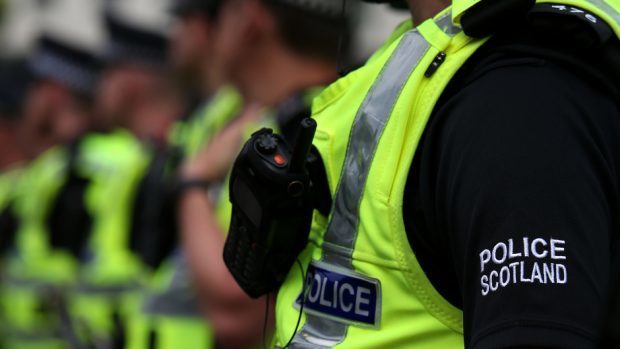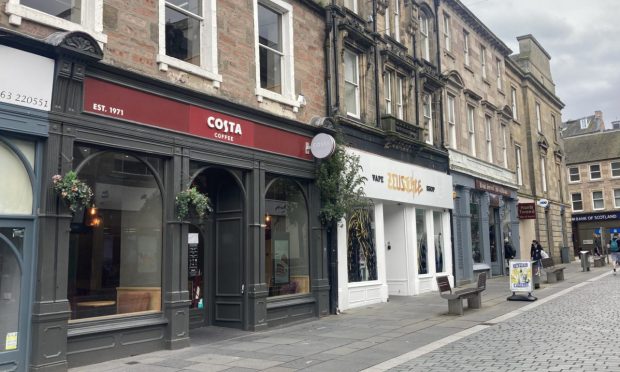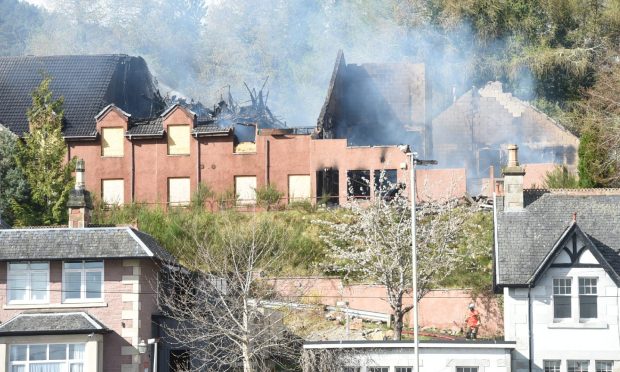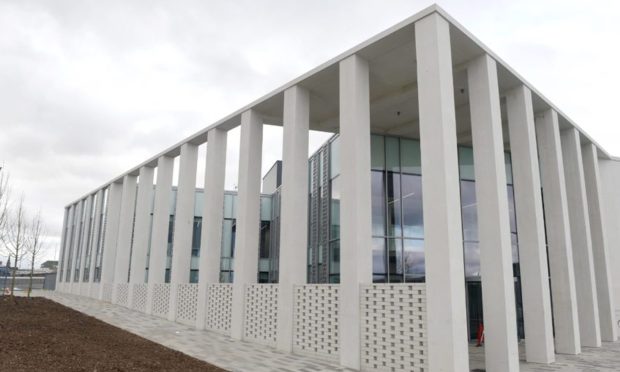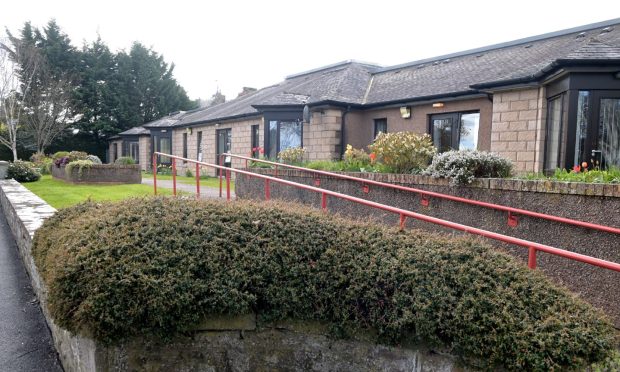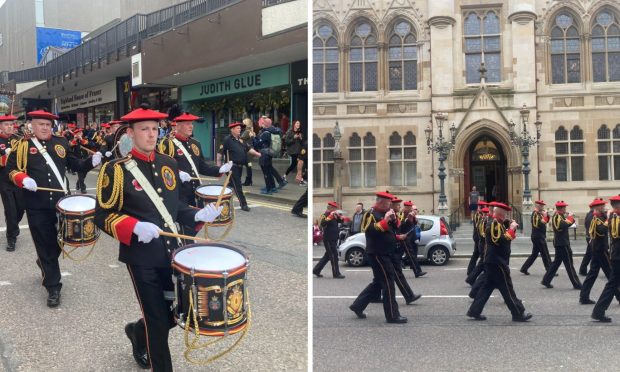A report has found that police failed to make diligent enquiries to trace a 72-year-old man who had made a 999 call for an ambulance before he was found dead in his home, at supported accommodation in Inverness, the following day.
The Crown Office and Procurator Fiscal Service (COPFS) instructed the Police Investigations & Review Commissioner (PIRC) to investigate the circumstances of Albert Insch’s death and the response from Police Scotland to the emergency call.
Mr Insch made the emergency call on the afternoon of 26 October 2016, however the BT operator could not make out what he said.
A recording of the call was passed to Police Scotland’s Area Control Room (ACR) where staff there too could not determine what had been said. PIRC investigators listened to the call and believe Mr Insch said “Hi, ambulance please, mate”.
Police identified that the mobile number had been used by Mr Insch to call 999 on two previous occasions but ACR staff had wrongly recorded his flat number on one of those occasions.
As a result, whilst two officers went to the supported accommodation in response to the 999 call on 26 October 2016 they went to the wrong flat.
On receiving no reply, another resident who had heard them knocking on the wrong flat door told them the occupier of that flat was a woman who was in hospital. An employee at the accommodation said he took the officers to the flat occupied by Mr Insch but the officers dispute this.
The officers were at the supported accommodation for eight minutes before leaving without tracing Mr Insch. ACR staff meanwhile continued to try to contact Mr Insch by telephone, without success.
The call was closed that evening, after the officers confirmed to ACR staff that the flat was occupied by a woman, who was in hospital at that time. The body of Mr Insch was found in his home the following morning by his carer.
The PIRC report found that despite conflicting accounts of the witnesses and the police officers, they and the ACR supervisors should have made further enquiries to establish whether Mr Insch was safe and well.
It could not be determined whether, if officers had made more diligent efforts to trace Mr Insch, there would have been an opportunity to provide medical assistance and prevent his death.
The PIRC submitted a report to the COPFS on 5 June 2017 and following agreement with them, a summary of the findings and recommendations are published today (29 August 2018).
It recommended that Police Scotland reinforces to operational officers and ACR staff the need to diligently undertake enquiries into ‘dropped’ 999 calls – where a call ends unexpectedly – and that such calls, especially involving elderly people, are investigated thoroughly to establish the welfare of the person.
The Commissioner said: “This is a tragic case, where an elderly man endeavoured to seek emergency assistance but due to a previous error by ACR staff in accurately recording his address and a failure by the two officers who attended to establish whether Mr Insch was safe and well, he did not receive that assistance.
“I have recommended that Police Scotland reinforce to operational officers and ACR staff the need to diligently carry out enquiries when a 999 call ends unexpectedly.
“Furthermore, I have recommended that Police Scotland ensures that especially in cases involving elderly people, officers should not leave an incident before they have established whether the person is safe and well.”
In a statement issued through PIRC, Mr Insch’s family said: “We have no further comment to make other than to thank the Police Investigations & Review Commissioner’s team for their support and professionalism surrounding the circumstances in the death or our father and husband.”
